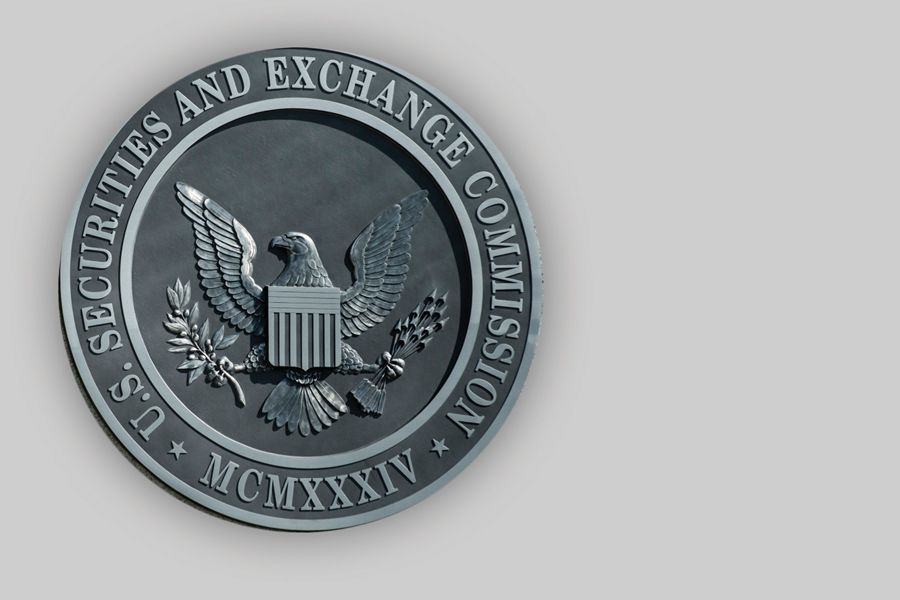The US Securities and Exchange Commission’s highly anticipated climate disclosure ruling was expected in April but is likely still months away amid controversy surrounding certain aspects of the proposal. The extended consultation period will close on June 17, and the final rules may be more robust as a result of the ongoing public debate, but must not be watered down.
Republican commentators have taken particular issue with the proposal to disclose indirect (Scope 3) emissions in a company’s supply chain. They also insist that the SEC is overstepping its statutory remit to protect capital markets by broadening the principle of financial materiality to capture climate risks.
When the rules are published, the issues of Scope 3 and the elusive concept of materiality will undoubtedly be the basis of legal challenges. Inevitably, corporates face prolonged uncertainty on the scope and stringency of reporting rules before being required to file for the first time, probably no earlier than 2025.
But firms cannot use the delay as an excuse for inaction. Regardless of the outcome, prevailing ESG headwinds mean that companies must act to satisfy the growing appetite of investors for climate-related information. This is not virtue signalling: the capital markets are starting to incorporate climate risk because they recognize its acute impacts on a company’s core strategy and value creation.
Climate-related risks are a non-negotiable dimension of future business; both in terms of growing physical risks, which already disrupt value chains and increase costs of business, and transition risks, which penalise activities misaligned with a low-carbon economy. The radical agenda of the Inflation Reduction Act has sparked the green transition and awoken US industry to the financial impacts a business-as-usual mindset will create.
Transition risks inherently depend on a firm’s greenhouse gas emissions and future plans to reduce them, so comprehensive disclosure of this information is critical. In the current draft, all companies will report emissions from their operations and purchased electricity (Scopes 1 and 2), while disclosure of Scope 3 emissions will only be mandatory if considered material. Few companies would benefit from this escape clause though, as Scope 3 emissions are on average 11 times higher than direct emissions.
Objections to Scope 3 reporting have majored on the prohibitive cost and complexity of calculating emissions, particularly to small, non-public suppliers and vendors. Some firms object to being held accountable for emissions over which they have no control, while others dwell on the accounting complications of attributing emissions to individual entities.
However, to exclude indirect emissions would allow firms to vastly underestimate their climate impacts and associated risks. It also ignores the agency large corporates have to incentivise and enable their supply chains to decarbonise. These network effects are vital to the low-carbon transition of the real economy.
Double materiality
Investors primarily pursue emissions data to assess risks deemed material to their financial performance. In contrast, the European Union’s Corporate Sustainability Reporting Directive (CSRD) has taken a much more holistic view of ‘double materiality’ for the interest of a wider range of stakeholders. This concept recognizes a company has material impacts on the world beyond the financial system, which are surely worth disclosing.
The expectation is not that the SEC will expand its remit to demand the detailed ESG metrics that European companies are now grappling with. But concerns that climate risks do not meet an arbitrary threshold of materiality are unfounded and the ‘reasonable investor’, which the SEC serves, has a right to this information.
US-based multinationals must also understand the reach of more stringent disclosure requirements beyond the nation’s borders. The CSRD legislation applies to some non-EU firms operating within the bloc and requires data on the entire global organisation. New International Sustainability Standards Board standards will consolidate global sustainability reporting with a similarly holistic approach. If a company complacently awaits the SEC to define its reporting strategy, it will fall victim to the very transition risks the rules aim to address.
The SEC should enact strong climate disclosure rules to fulfil its duty to investors. Failure to do so may leave the US behind, and the final ruling irrelevant, in a fast-evolving ESG landscape. Meanwhile, companies can use the extra time to establish the necessary governance and technologies knowing the SEC rules won’t cause any surprises.








